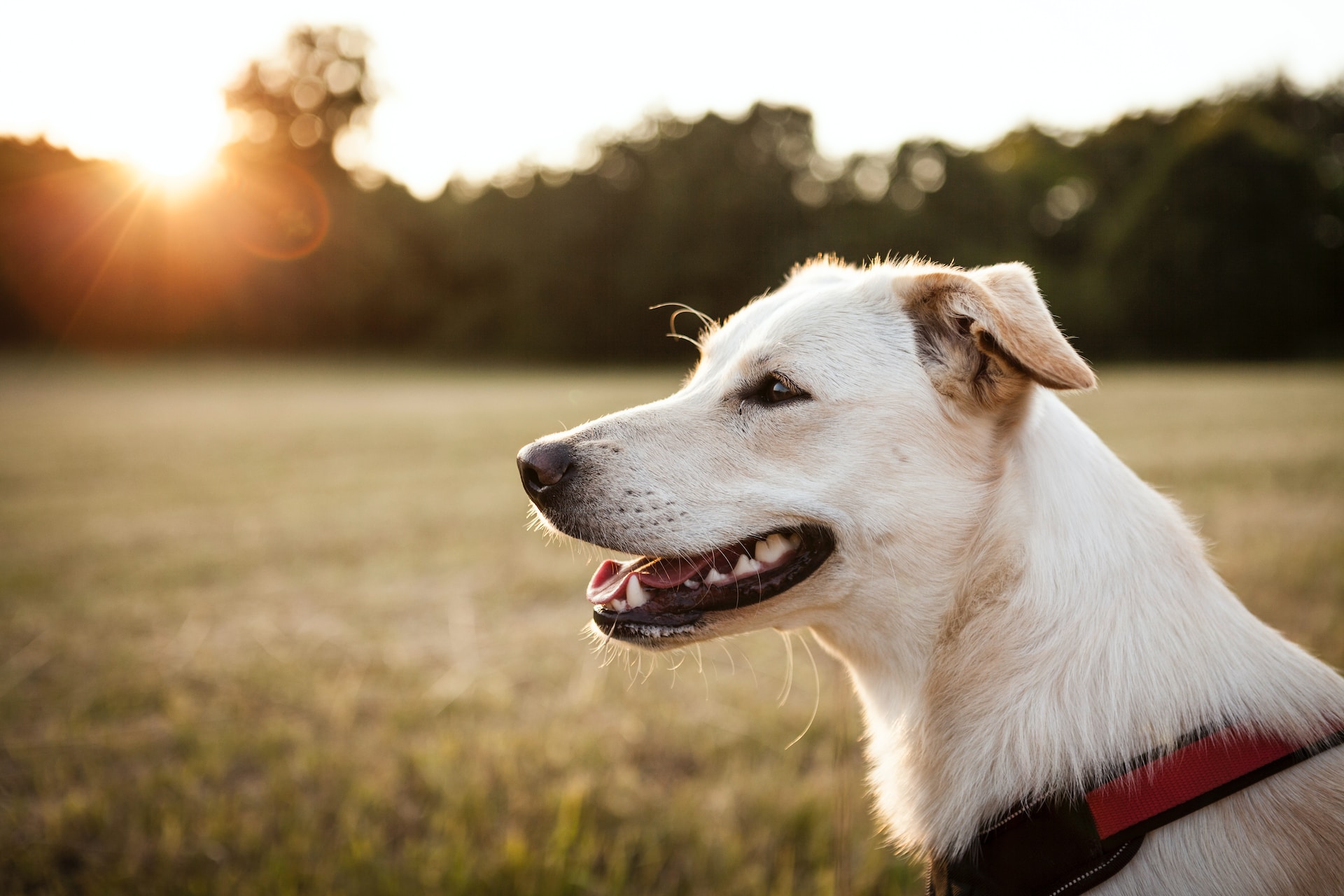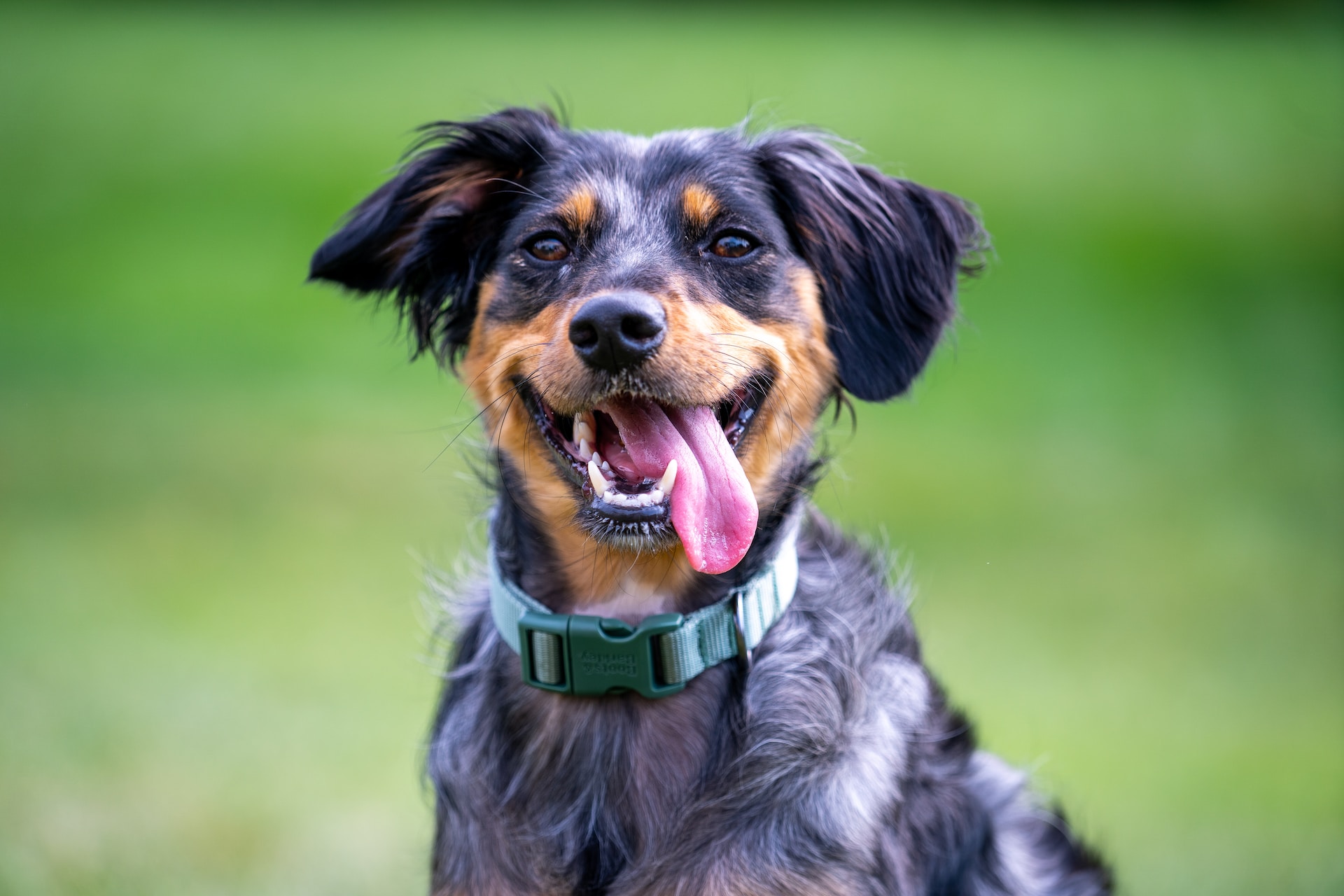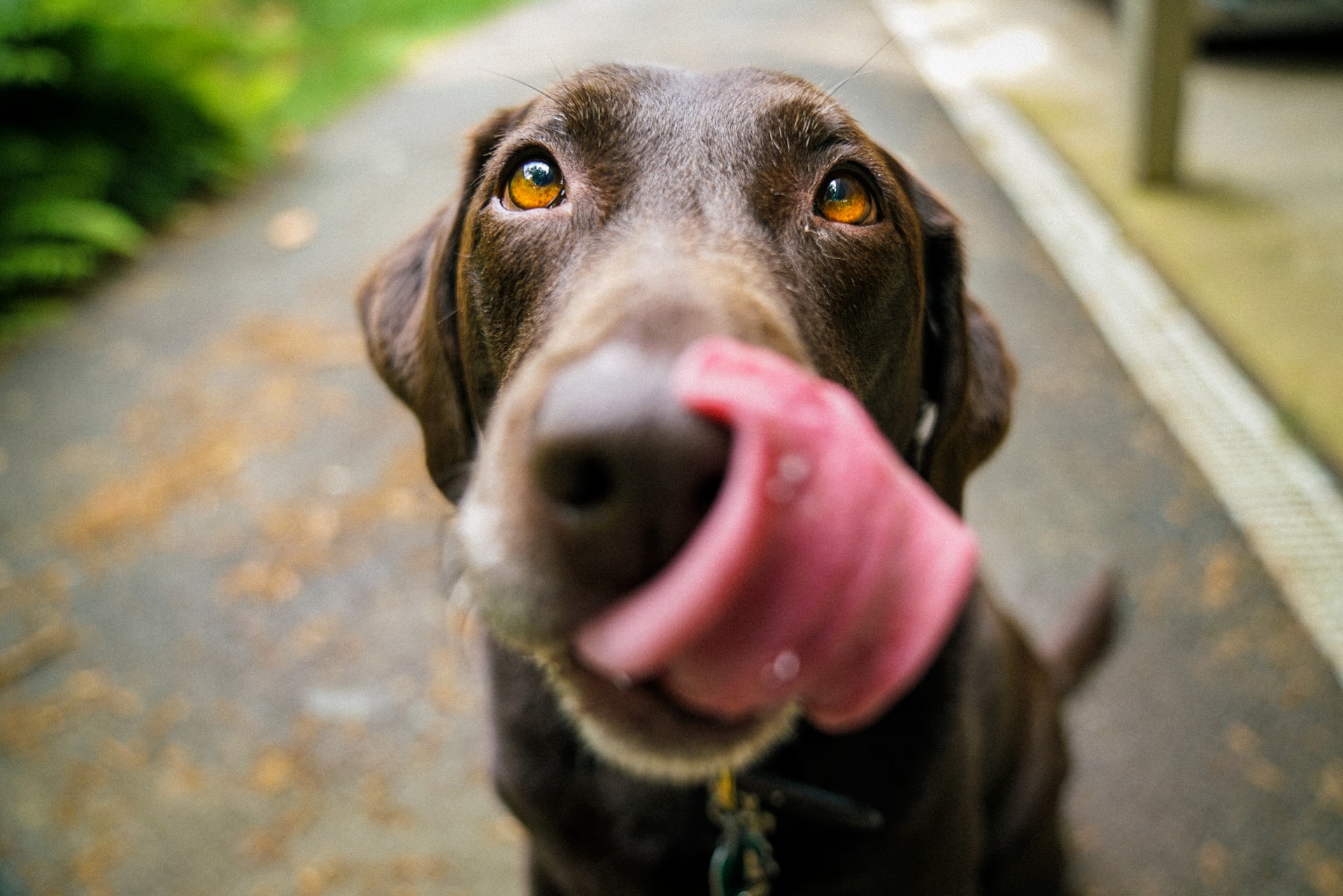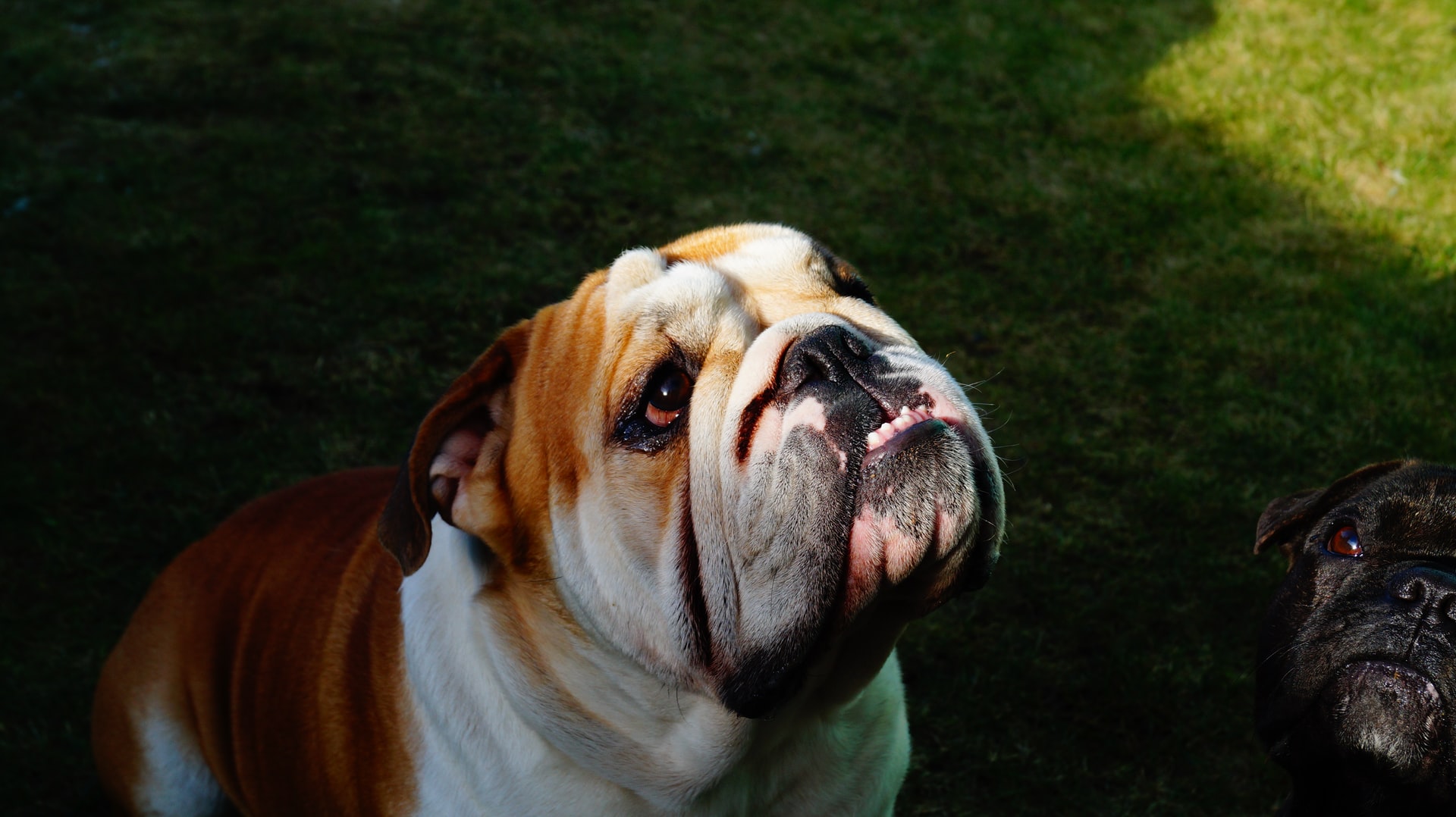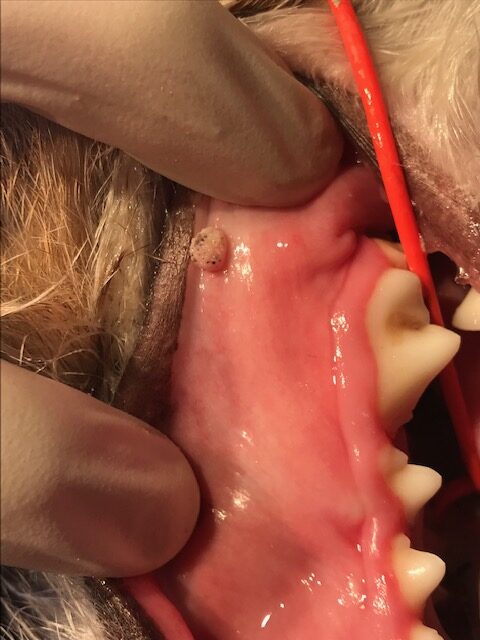When is Tooth Extraction Necessary for Dogs?
Tooth extraction is a surgical procedure that your veterinarian may recommend. The most common reason for tooth extractions is due to advanced periodontal disease. However, additional reasons other than dental disease may include tooth fractures, persistent deciduous puppy teeth, tooth resorption, impacted teeth, gingivostomatitis, and...
